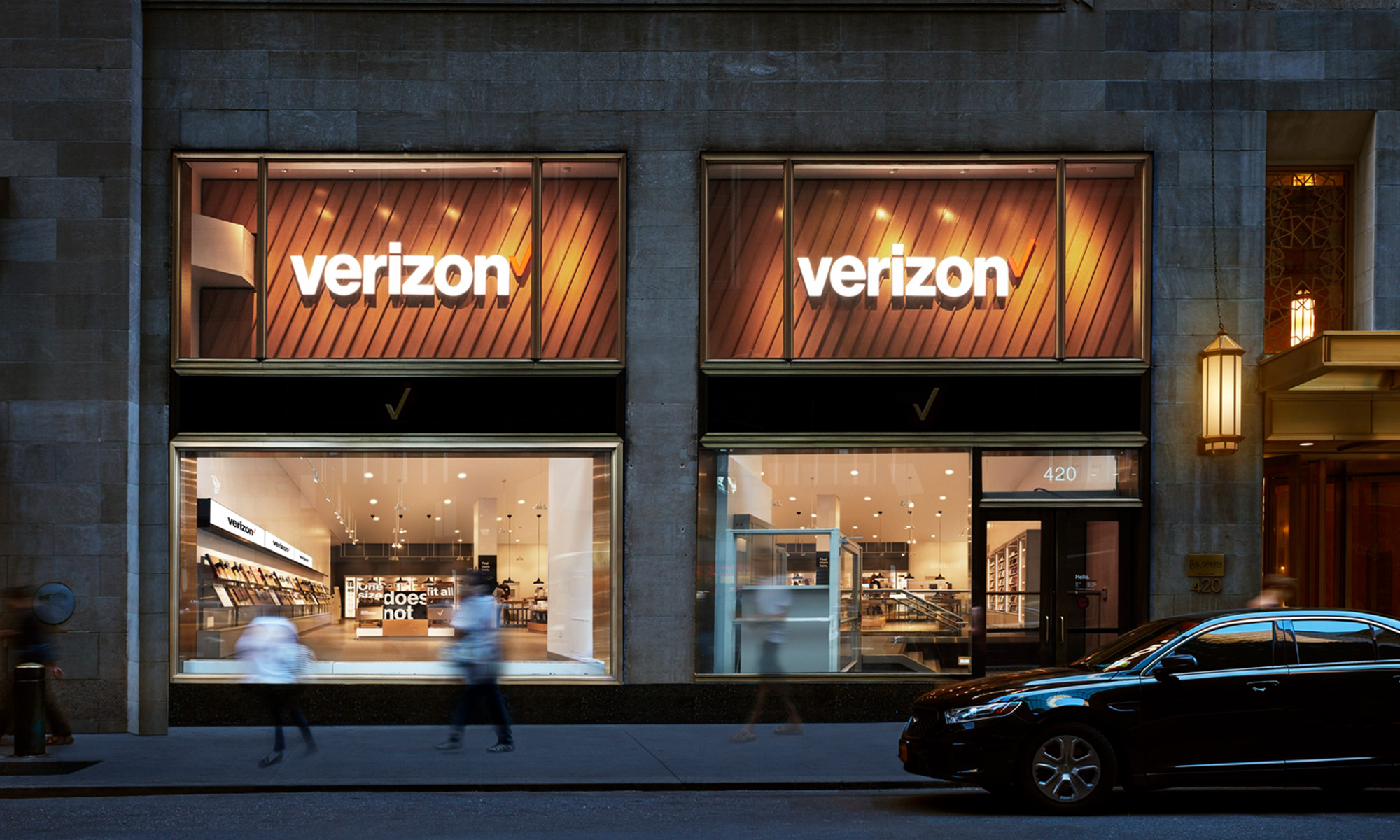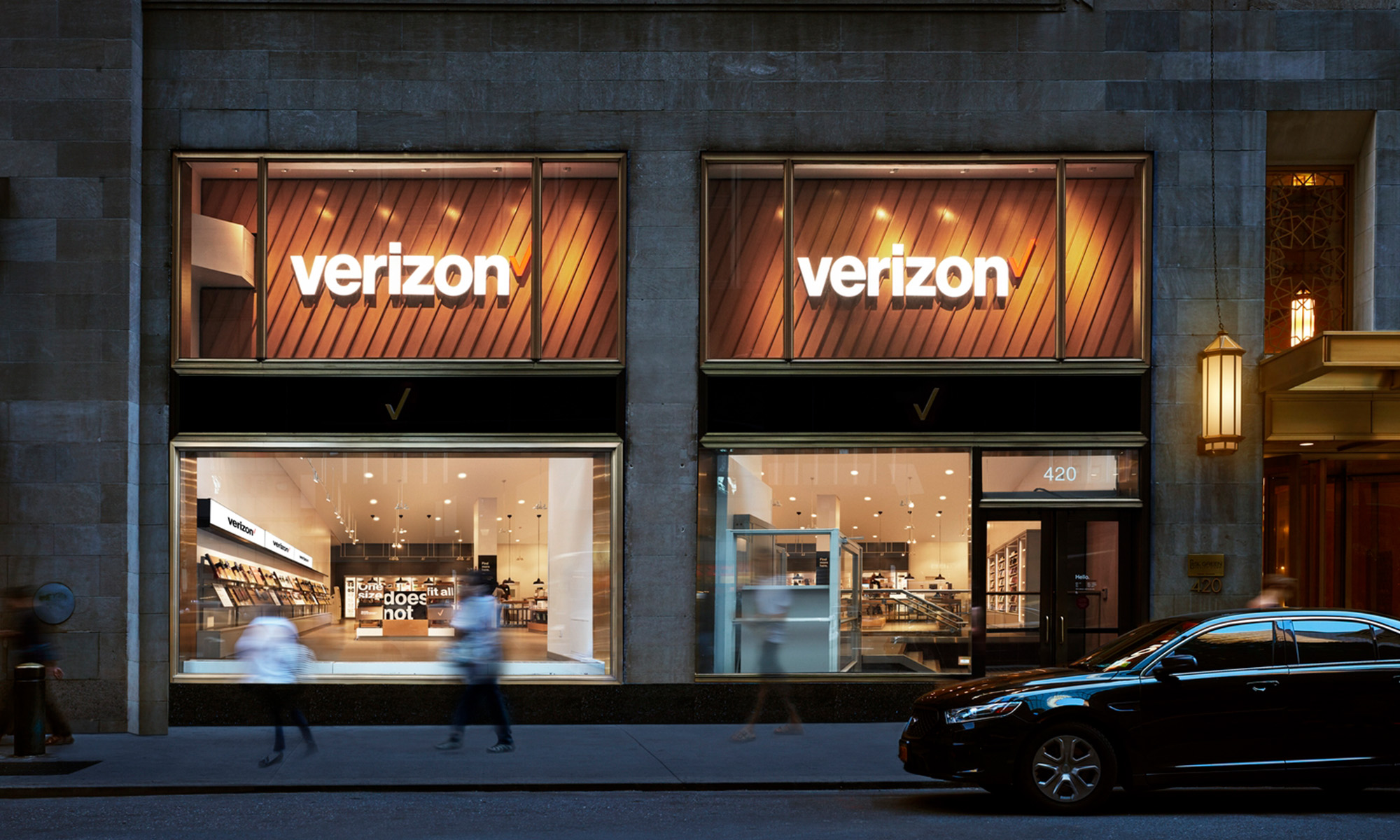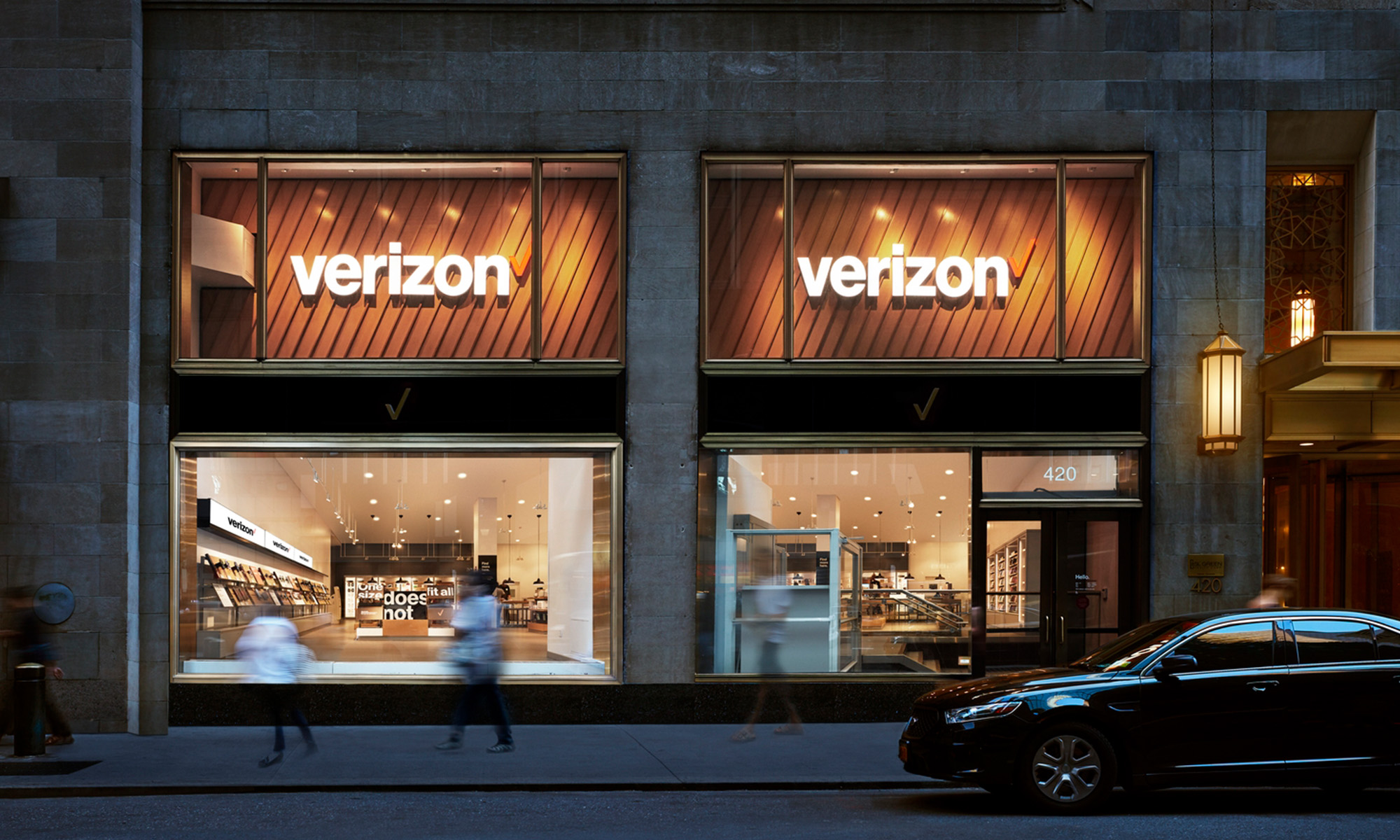Verizon (VZ 1.71%) has an identity problem.
The company, which built its brand on having the best wireless network, no longer has a clear claim to that. It still tops one of the two widely accepted industry reports on network quality, but it has fallen behind T-Mobile (TMUS 2.25%) on the second one.
Without being able to claim clear network superiority, Verizon loses its justification for charging higher prices. That could become a problem for the company as customer perception catches up to reality and consumers realize that what was once a clear edge for the brand no longer is.

T-Mobile's CEO John Legere has relentlessly gone after Verizon. Image source: T-Mobile.
Which network is best?
For a long time, Verizon and AT&T had networks that routinely tested out as far superior to T-Mobile's and Sprint's (S +0.00%). That has changed and, as Sprint pushes in its commercials, all networks are pretty close to each other.
Verizon has steadily topped all three of its rivals in the twice-a-year RootMetrics report on wireless networks. That's still true, and the company would argue that it still has the best network based on that data. But another widely cited study from OpenSignal, which tracks wireless network quality through its State of Mobile Networks Report, showed in February that T-Mobile had caught up to Verizon.
According to OpenSignal:
The LTE speed race between T-Mobile and Verizon has long been a close one, but in our last U.S. report T-Mobile held the edge. ... That narrow lead, however, disappeared in our latest round of testing. We measured average LTE download speed on T-Mobile at 16.7 Mbps and on Verizon at 16.9 Mbps, results close enough to produce a statistical tie.
Which company has the best network has become a question without a clear answer. Verizon has a valid claim, but so does T-Mobile, and Sprint is not wrong when it says that all networks are pretty much equal.

T-Mobile makes the case that Verizon's network is struggling. Image source: T-Mobile.
Verizon has a second problem
T-Mobile has been aggressive in pointing out that Verizon's network has been stressed out by the company's decision to offer unlimited service. To prove that, the No. 3 wireless carrier cites the latest U.S. Market Report from Ookla. That study used more than 14 million tests and shows that T-Mobile's network speeds have improved, while Verizon's have slowed down.
Verizon, of course, does not acknowledge that it's having any trouble keeping up with demand on its networks. It has, however, taken steps to lessen the demands on its network by throttling video for all customers. It has also split its unlimited plans into two tiers, with the lower one reducing data speeds whenever there is network congestion.
What's next for Verizon?
The good news for the company and its shareholders is that the impact of these test results has yet to be felt. Verizon saw earnings per share (EPS) increase to $1.07 in the second quarter of 2017 compared with $0.17 in the year-ago period. It also added 614,000 wireless postpaid customers, fewer than the 1.3 million T-Mobile added, but still a strong number.
Ultimately, though, consumers will realize that in many ways wireless service has become a commodity. That makes T-Mobile and Sprint more attractive while also pushing consumers to cheaper prepaid services that operate on the networks of the big four carriers.
These trends are going to push prices down, and that's bad for Verizon. The company simply no longer has the edge it once did, and it's unlikely to be able to get it back.








